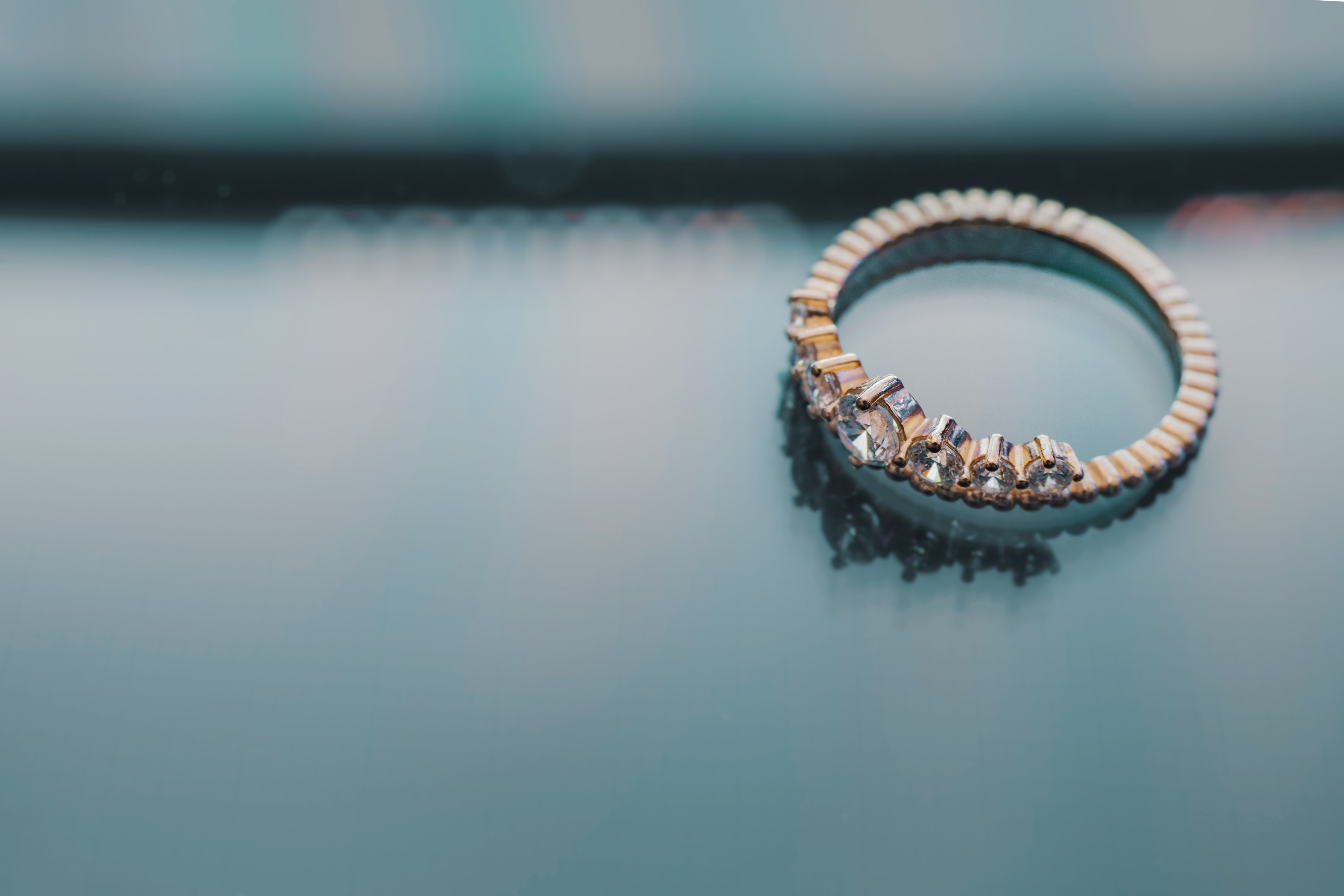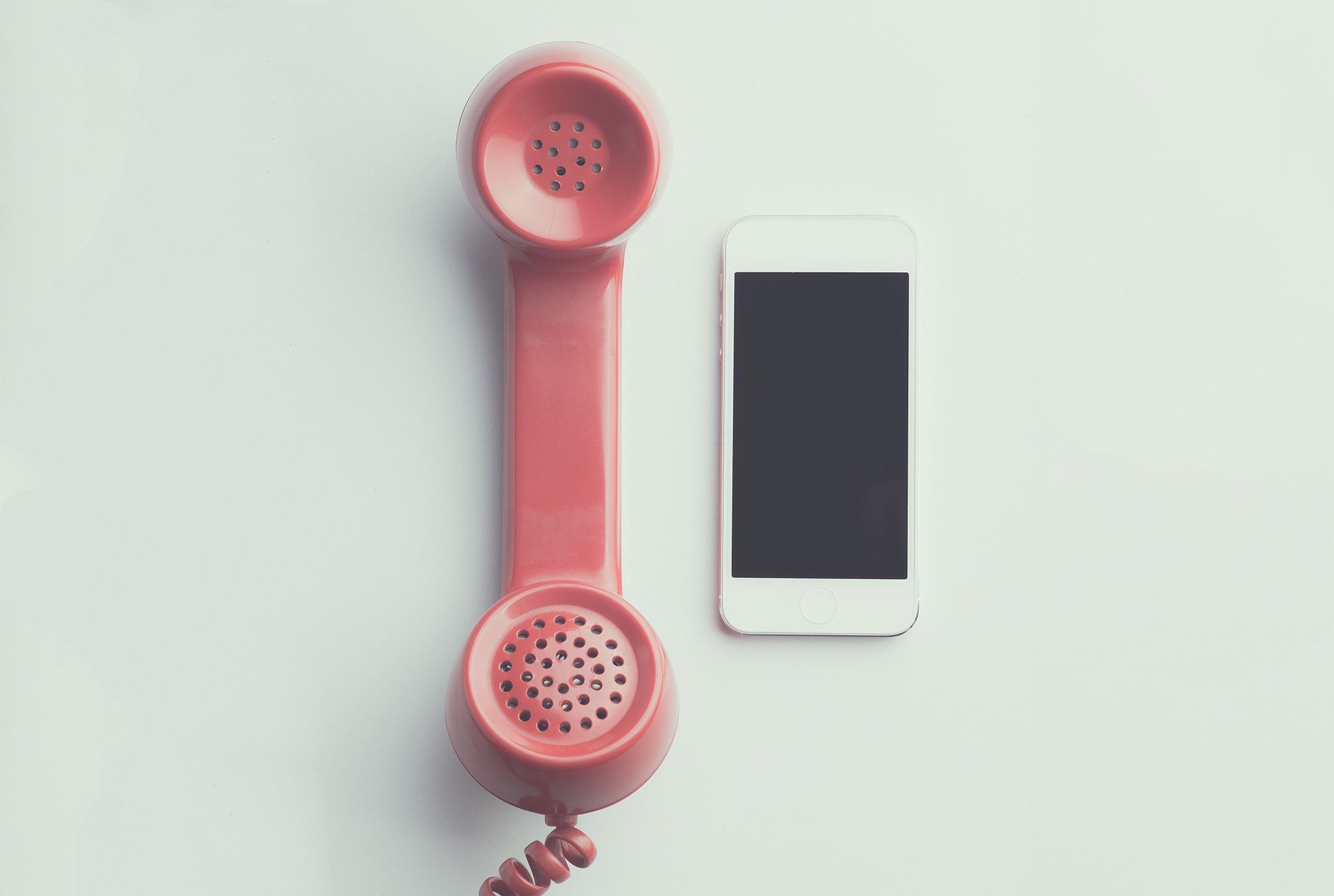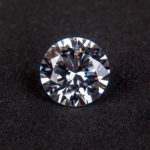Engagement rings have traditionally been a symbol of a major milestone. Young women would dream of receiving big, shiny rocks to wear on their fingers, thanks to Hollywood. Movies new and old used them as a representation of love and wealth. These days, many millennials are opting out of buying huge fancy rings – and in many cases, don’t buy a ring at all. There are many reasons as to why, and jewellerys are working towards overcoming these obstacles.

Lab-Grown Alternatives
Many millennials turn to lab-grown alternatives for a number of different reasons for the gems in their rings. The most common of these are ethics, and appearances.
Much like we mentioned in the article about diamonds, millennials are becoming very conscientious about their purchases. Everything from food to soaps is being analyzed by more and more millennials. The younger generations are learning about the benefits of buying supplies from companies that pay their employees a proper wage and provide safe working environments. Compared to other places of work, gem growing labs are generally much safer than other sources of gems. When held next to a genuine stone, they look almost identical.

One-of-a-Kind Mentality
These days there’s almost no limit to what can be customized, and engagement rings are no different. More millennials want to express themselves by any means necessary, so why not through engagement rings? Substituting more modern styles, contemporary cuts, and coloured stones are more ideal than traditional ones. Saphire and amethyst rings are also cheaper than diamonds, which is helpful in this economy.
This develops a mentality of buying the best or nothing. Even if many millennials don’t follow the two-month salary rule, engagement rings don’t come cheap, especially if they’re custom made. There’s a lot of work that goes into designing any piece of jewellery which adds up to a pretty hefty price.

Material Goods vs. Emotional Experiences
Millenials see themselves as a generation of struggles. Many work multiple jobs and still don’t earn enough to have a disposable income, or a very small one at that. Because of this, they’re more likely to save up for something they can only experience once. Taking a once-in-a-lifetime trip backpacking across Asia or purchasing their first home during a market crash is something higher on their list of priorities than a ring. After all, rings can be bought anytime, anywhere, and can be custom made if they really wanted.

Old School Traditions vs. Modern Views
Society’s views are ever-changing, and because of that, many millennials are changing their ways on how to live their lives. Fewer young people are getting married for a variety of reasons. Lack of finances, disinterest in commitment, and living in common-law are a few of these reasons. Without a wedding, there isn’t a need for an engagement ring.
Now, this doesn’t mean that no one is buying expensive rings. Some people are opting in for promise rings, but they aren’t near the price of traditional engagement rings. Something else to consider is that the lack of people buying engagement rings doesn’t mean that people will stop getting married.
Remember, many people are getting married later in life thanks to longer life expectancies and the ever-changing views in society.



